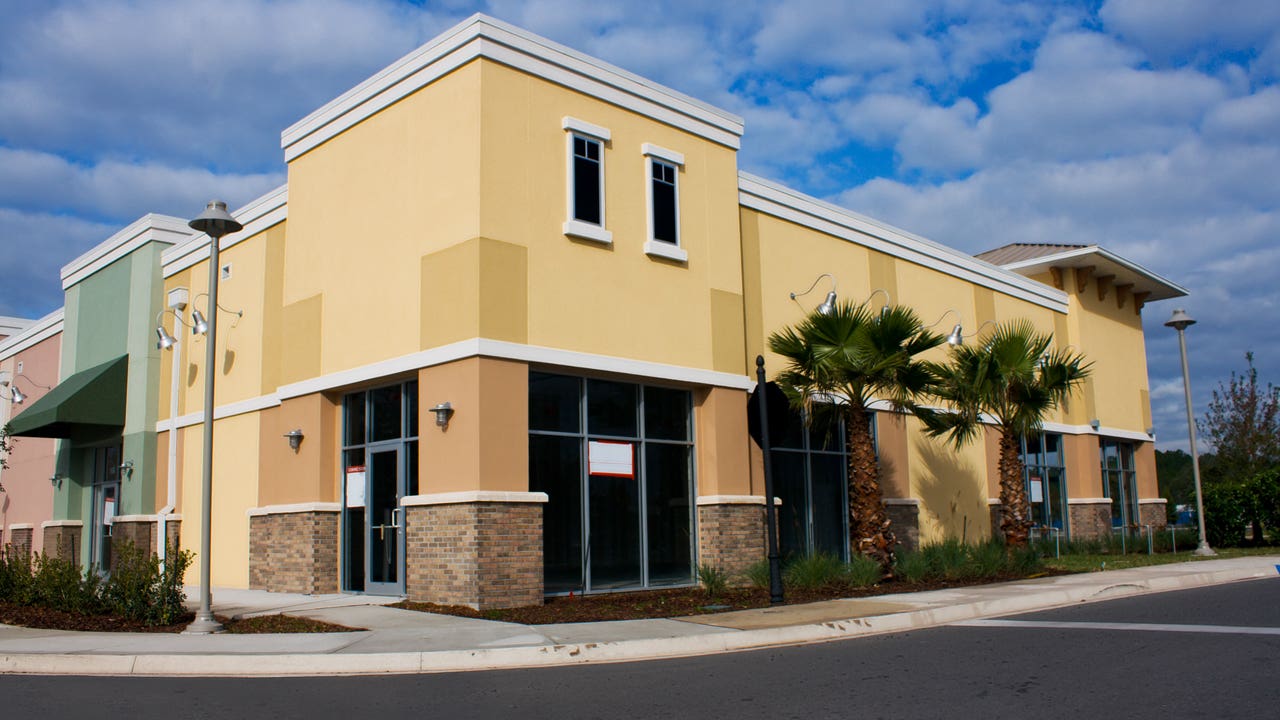The Future of Real Estate Lockhart: Trends You Need to Know
Wiki Article
The Future of Real Estate: Patterns and Opportunities to View
As the realty landscape evolves, it comes to be significantly necessary to understand the arising fads and chances that will certainly define the market in the coming years. Technical developments are improving transactional procedures, while a growing concentrate on sustainability shows changing consumer priorities. In addition, demographic shifts and the surge of remote job are affecting housing preferences, particularly in suburbs. With these characteristics at play, a more detailed exam of the approaches and adjustments essential for success discloses fascinating opportunities that might reshape investment approaches and market behaviors.Technological Innovations in Property
Over the last few years, the property industry has embraced a wave of technological technologies that are changing standard techniques. These advancements have significantly boosted efficiency, transparency, and decision-making processes within the sector. Among the most significant advancements is the rise of large data analytics, which allows actual estate professionals to assess market patterns, forecast residential or commercial property worths, and identify financial investment chances with unprecedented accuracy. This data-driven approach makes it possible for stakeholders to make informed choices and decreases the threats related to residential or commercial property transactions.In addition, digital reality (VR) and increased fact (AR) modern technologies are transforming building advertising and marketing by providing immersive experiences for potential buyers and occupants. These devices permit customers to conduct virtual excursions of homes, therefore streamlining the search process and improving consumer engagement. Blockchain innovation is gaining traction as a means to secure deals and preserve clear records, therefore minimizing fraud and accelerating the closing procedure.
Smart home technologies are likewise ending up being significantly prevalent, allowing home owners to keep track of and control their buildings from another location (Real Estate Lockhart). Collectively, these technological technologies are improving the landscape of realty, cultivating a much more efficient, clear, and customer-centric market
Need for Sustainable Residences
As consumers significantly prioritize environmental duty, the need for sustainable properties has actually surged in the property market. This shift mirrors a wider social trend towards sustainability, with homebuyers and financiers looking for residential properties that reduce eco-friendly impact while maximizing power efficiency. Functions such as photovoltaic panels, energy-efficient home appliances, and sustainable structure materials are currently checked out as crucial rather than optional.
Furthermore, the surge of eco-friendly neighborhoods, which focus on walkability and access to public transportation, better highlights this pattern. These growths interest eco conscious buyers and promote a much healthier way of life.
As the need for sustainable properties continues to climb, industry stakeholders have to adapt to these assumptions. By welcoming ingenious practices and focusing on sustainability, the actual estate market can not only fulfill customer need however also add to a more lasting future.
Altering Customer Demographics

Additionally, the aging populace is reshaping demand for housing. Baby boomers are looking for scaled down homes that provide ease of access and low maintenance, often preferring city setups with close-by facilities. This shift demands an emphasis on multi-generational housing solutions that suit differing requirements.
Additionally, cultural variety is playing a crucial duty in genuine estate patterns. Buyers from various histories bring distinct choices and expectations, motivating programmers to produce inclusive settings that cater to a wider target market. As these market shifts remain to develop, property experts should adjust their methods to deal with the demands of these different buyers. Recognizing these altering demographics will certainly be important in identifying crafting and arising chances customized find advertising approaches that resonate with the varied needs these days's market.
Increase of Remote Job Impact
Progressively, the surge of remote work is transforming the property landscape, motivating significant shifts in customer choices and location options. As staff members delight in the versatility of functioning from home, many are reassessing their property needs, causing a rise popular for residential or commercial properties in suv and rural locations. This fad is primarily driven by the wish for even more sizable living environments that can accommodate home workplaces and a far better lifestyle.In addition, metropolitan facilities, once the prime focus for purchasers, are seeing a progressive decrease popular as people prioritize price and access to nature. Subsequently, real estate developers and capitalists are moving their emphasis towards buildings that offer home office rooms, exterior services, and closeness to crucial solutions.
Real estate specialists should adjust to the transforming preferences of customers, highlighting the significance of lifestyle aspects in their advertising methods. The effects of remote work on real estate are profound, shaping future patterns and opportunities.
Financial Investment Opportunities in Emerging Markets
Financial investment opportunities in emerging markets are consistently drawing in attention from investor seeking diversity and growth possibility. These markets, characterized by fast economic advancement, increasing urbanization, and an expanding center class, present one-of-a-kind potential customers for wise financiers. Nations in Southeast Asia, Africa, and Latin America are witnessing considerable framework improvements and positive federal government plans, which further boost their allure.Realty sectors such as residential, industrial, and logistics are experiencing enhanced demand because of metropolitan movement and advancing customer choices. Especially, cities like Ho Chi Minh City, Nairobi, and Medellín are becoming hotspots for investment due to their broadening economic climates and younger demographics.
Capitalists need to perform detailed market evaluations to recognize vital fads, such as changes in populace dynamics and economic stability, which can influence residential property worths. Furthermore, partnerships with regional genuine estate firms can help with successful entry and navigation in these markets.
However, it's important to be conscious of prospective dangers, consisting of political instability and regulative difficulties. By weighing these factors and taking on a lasting viewpoint, financiers can efficiently profit from the lucrative possibilities arising in her latest blog these developing areas.

Verdict
In final thought, the future of actual estate will be dramatically affected by technical innovations, an expanding focus on sustainability, and advancing customer demographics. Navigating this changing landscape will call for critical partnerships and an eager understanding of market characteristics to take advantage of on the trends shaping the industry.As the actual estate landscape progresses, it ends up being significantly crucial to recognize the arising patterns and possibilities that will define the industry in the coming years. One of the most significant technologies is the rise of huge information analytics, which permits actual estate professionals to evaluate market patterns, anticipate home worths, and recognize investment chances with unmatched precision.As customers increasingly prioritize environmental duty, the need for sustainable residential or commercial properties has actually risen in the genuine estate market. The effects of linked here remote job on genuine estate are extensive, forming future trends and possibilities.
Investment possibilities in arising markets are continually bring in focus from actual estate capitalists looking for diversity and development capacity.
Report this wiki page